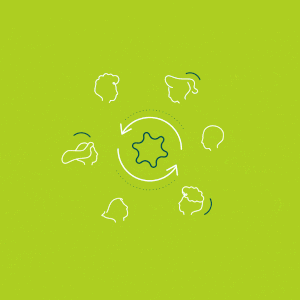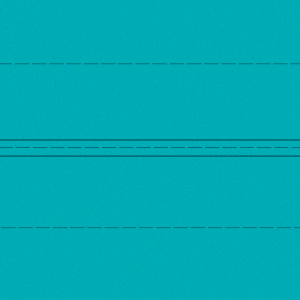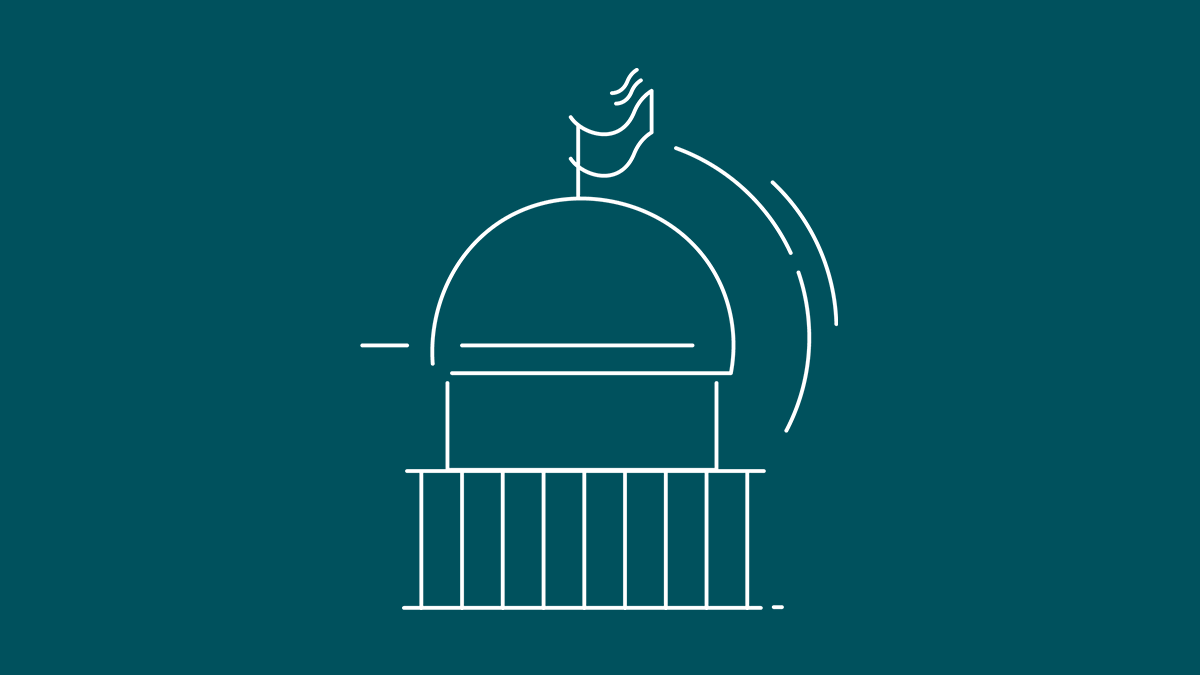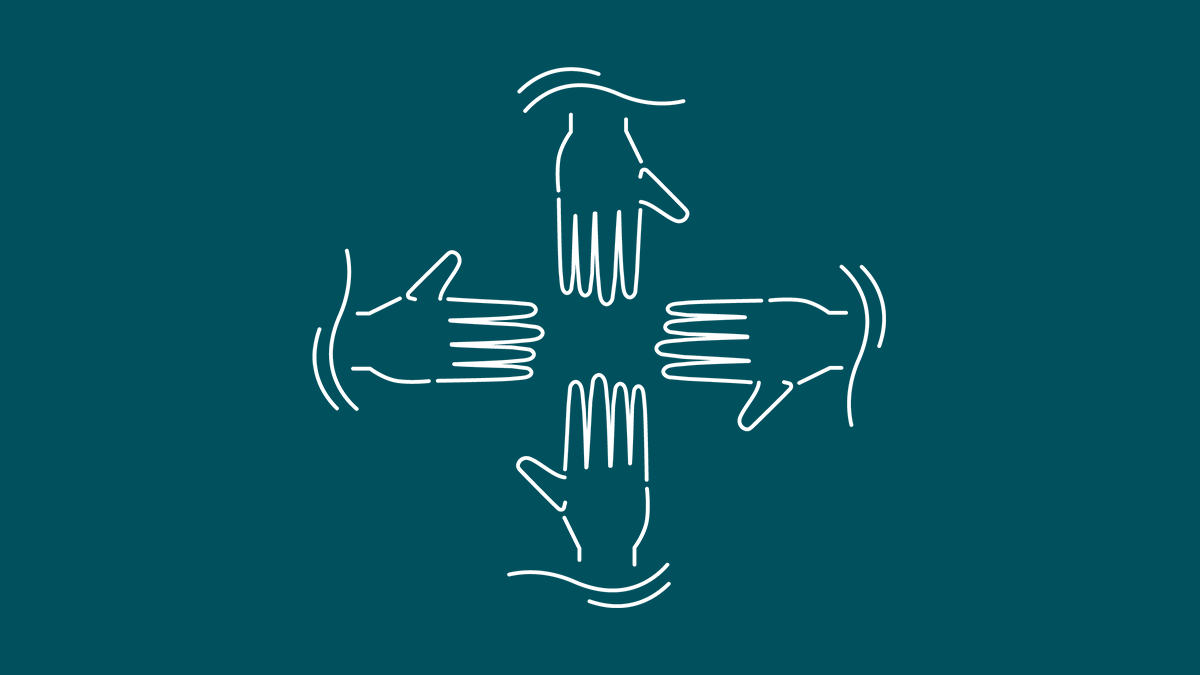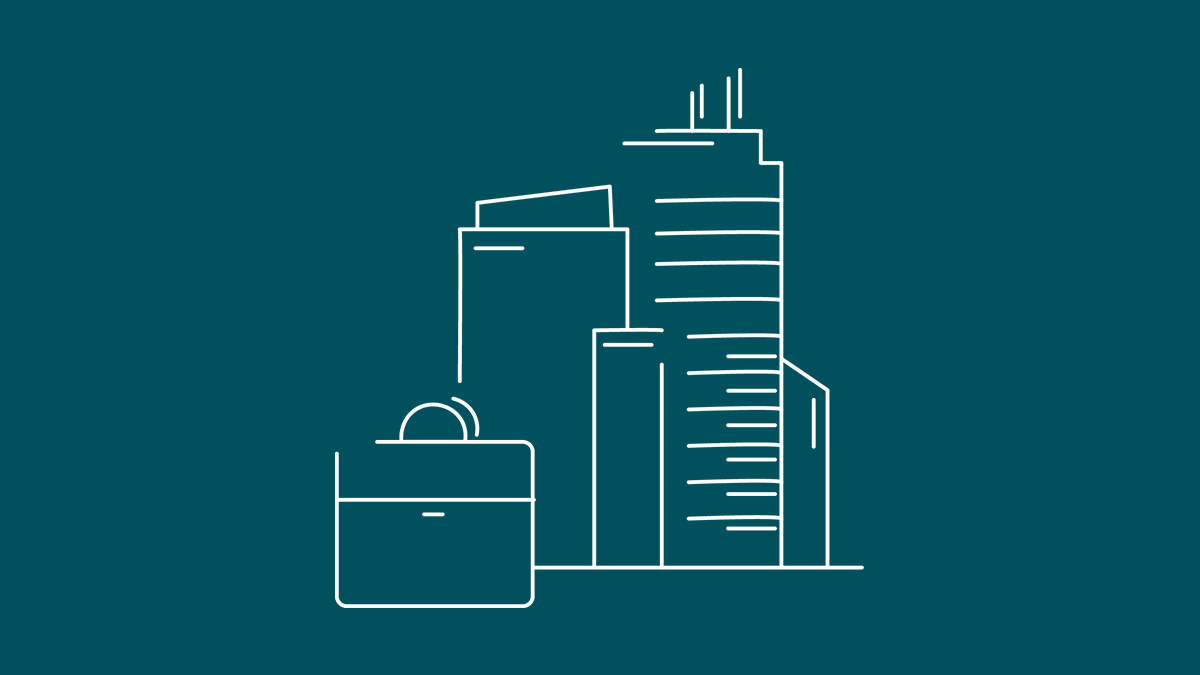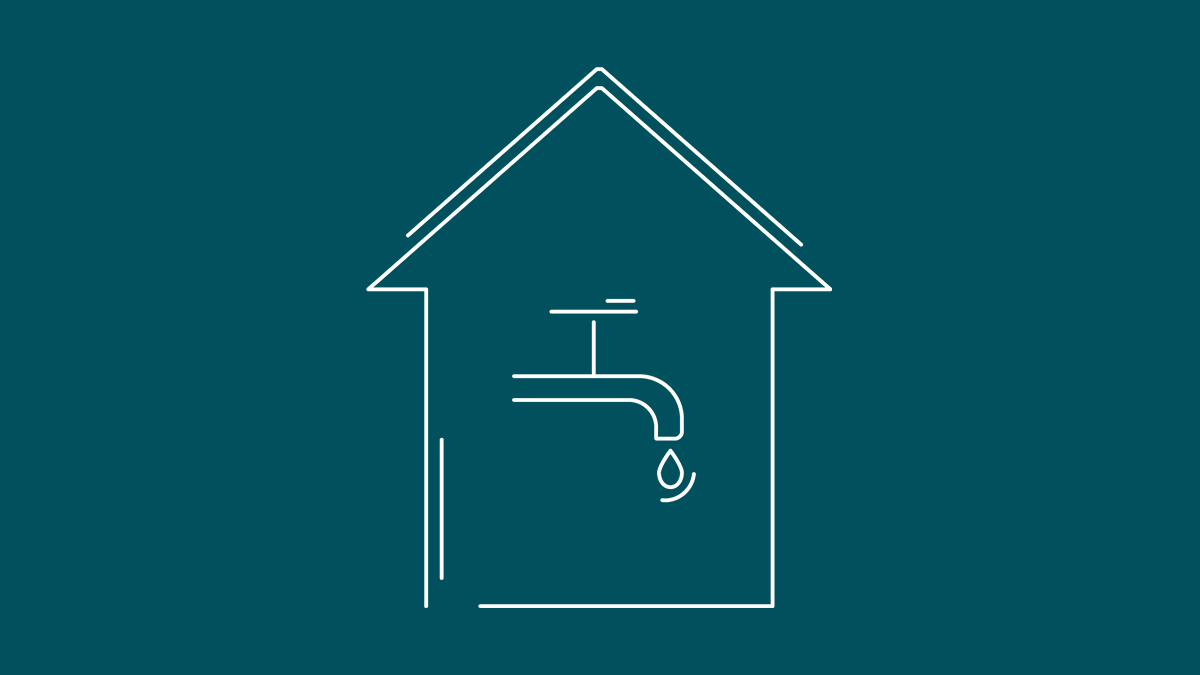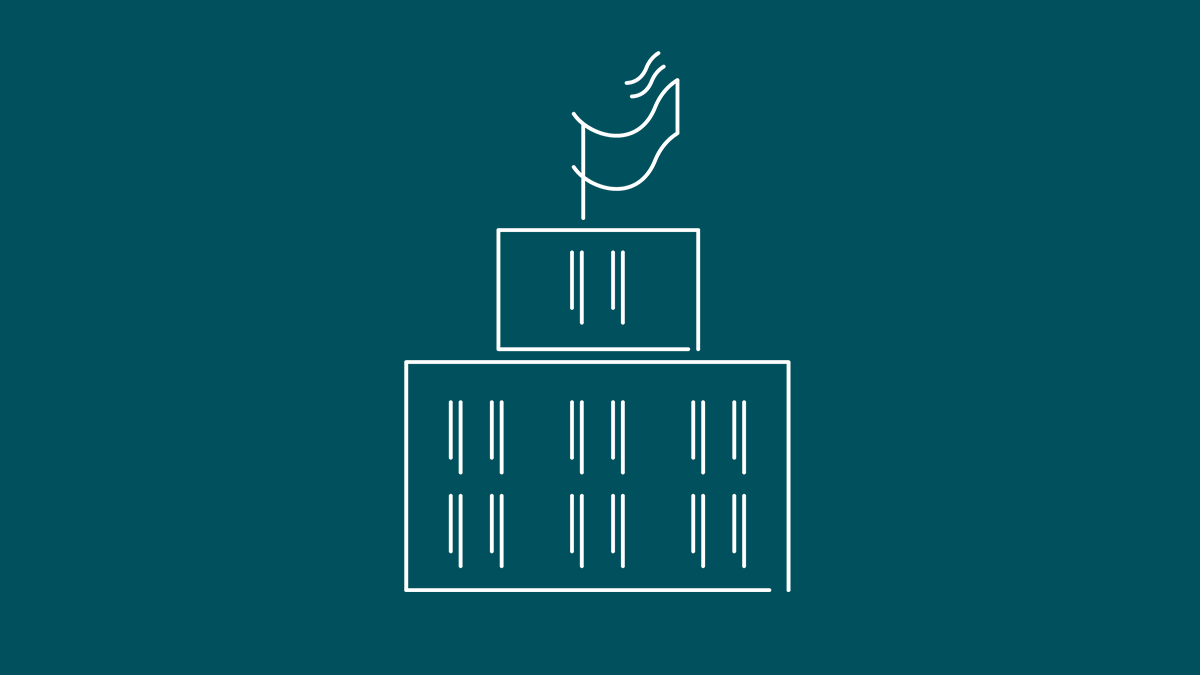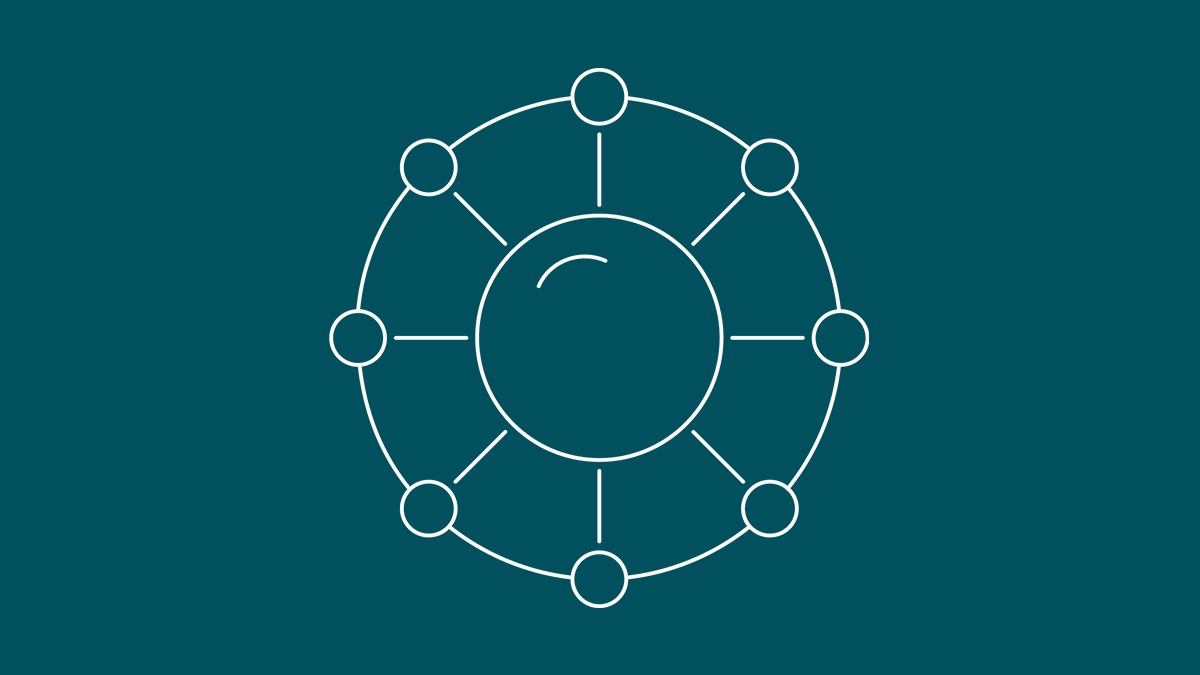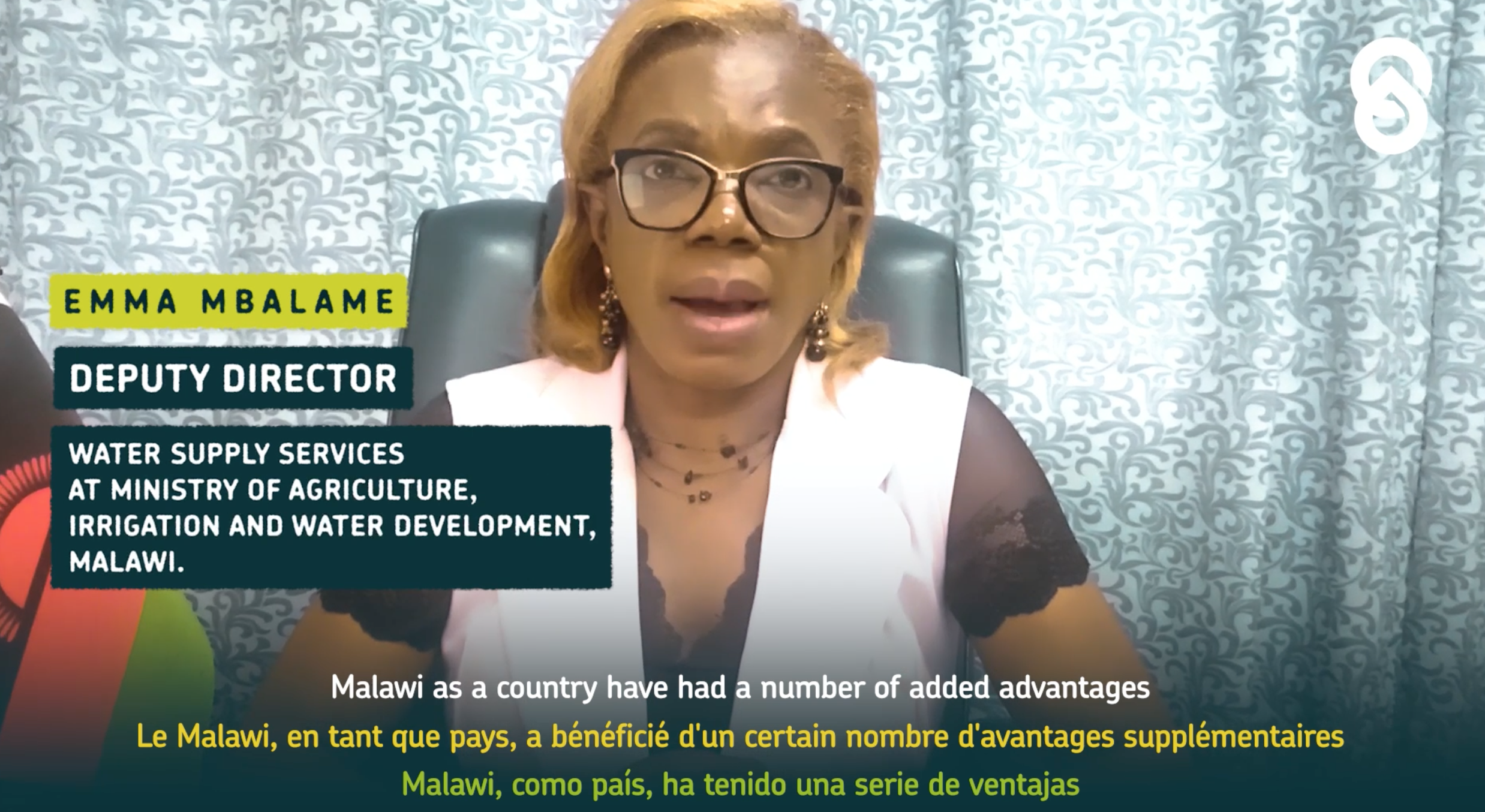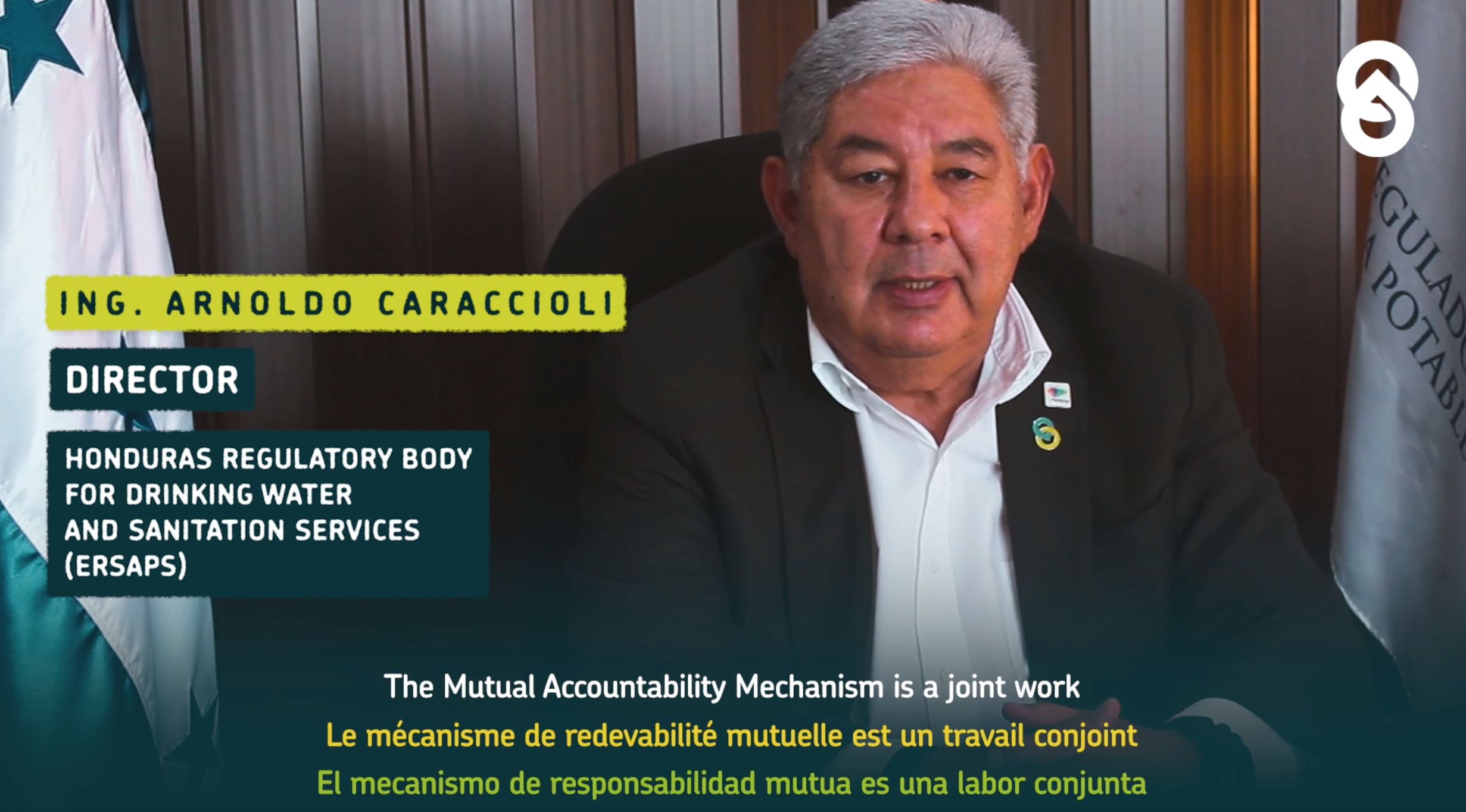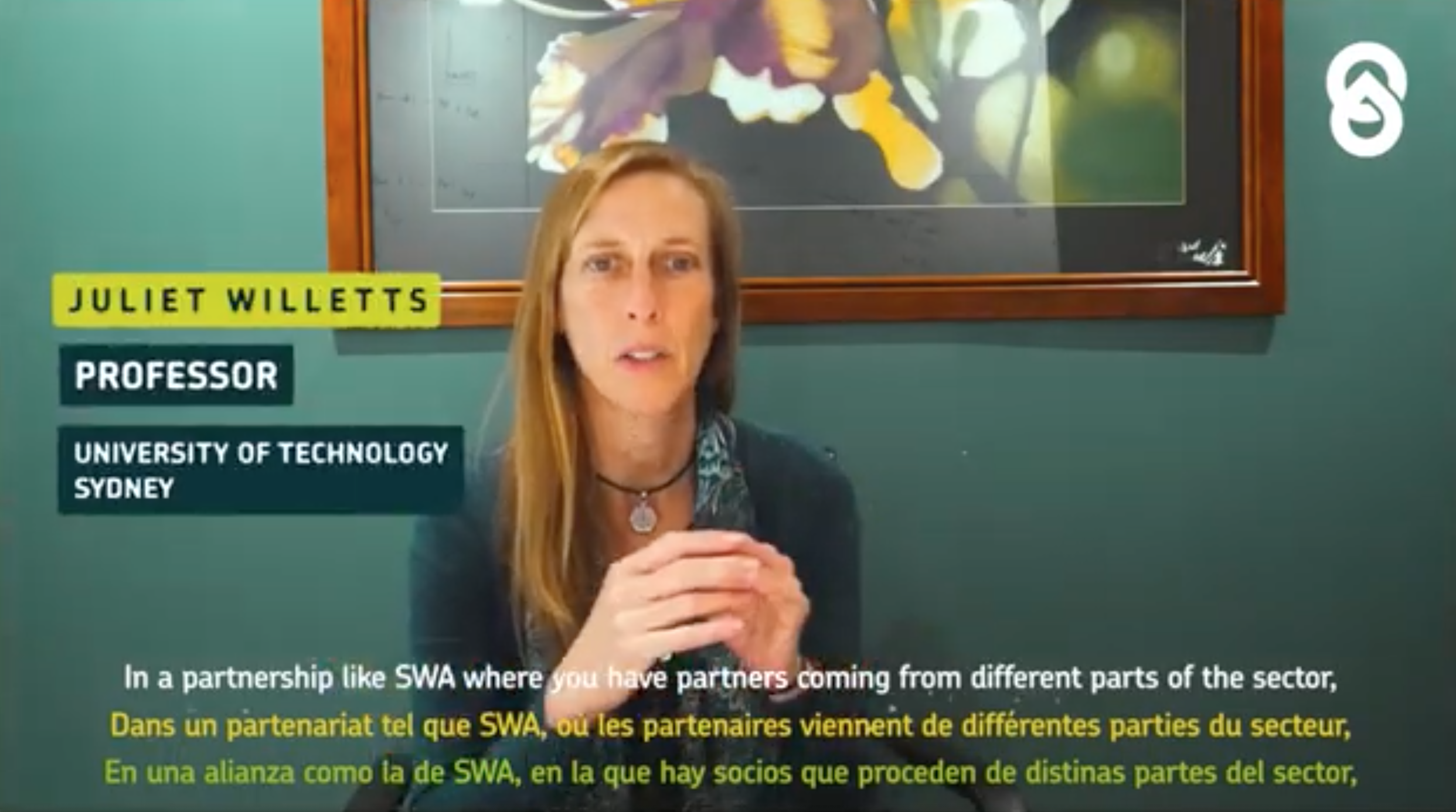Mutual Accountability Mechanism
Mutual Accountability Mechanism
Accountability is central to the SWA partnership. It is the willingness to accept responsibility for one’s actions and account for them to others. It is a requirement for progress and a human rights principle.
Accountability is about how promises are translated into action and aspirations into reality. While States ultimately have an obligation to ensure the realization of the human rights to water and sanitation, all stakeholders have a role to play in moving our societies toward the vision laid out in the 2030 Sustainable Development Agenda.
In response to this need, the Sanitation and Water for All partnership has created the Mutual Accountability Mechanism: a tool for partners to commit and hold each other to account for progress in achieving the SDGs’ water and sanitation targets – as well as an opportunity to collaborate, learn and catalyze collective action.
What is the Mutual Accountability Mechanism?
SWA’s Mutual Accountability Mechanism (MAM) is the only global accountability process in the water, sanitation and hygiene sector that is dedicated to all stakeholders working together towards achieving universal access to water and sanitation services. The mechanism helps to set priorities and a shared vision for the sector, as well as to identify roles and responsibilities for achieving them.
The MAM provides a process for all partners to make commitments and hold each other to account on the specific, measurable, time-bound actions they plan to take to achieve their targets set on the road to reaching the Sustainable Development Goal 6.
Commitments tabled under the MAM are based on national policies and enable monitoring. In just four years since the mechanism’s launch, over 400 commitments have been tabled, with half of them coming from 60 national governments.
COMMITMENTS
Government
External Support Agencies
Civil Society
Research and Learning
Private Sector
| Country | Constituency | Body / Organizations | Commitment | Target year | Progress |
|---|---|---|---|---|---|
| Global | External Support Agencies | Global Water Partnership | Build capacity in finance and assist a multi-stakeholder consultation in Central African Republic, Malawi, Nepal, Palestine, Rwanda, Tanzania and Uganda to identify the most pressing barriers and develop response strategies for climate-resilient integrated regional water management (IRWM) policies. Bringing together national policymakers, the Global Water Leadership Programme uses a working group model, enhanced by external consultants who are experts in finance, to develop response strategies that are feasible from an implementation as well as economic standpoint. | 2024 | |
| Global | External Support Agencies | World Health Organization (WHO) | Through the WHO International Network of Drinking Water and Sanitation Regulators (RegNet), strengthen the capacity of water and sanitation regulators to develop, implement, monitor and/or enforce a set of specific rules to ensure drinking water safety and safe management of the sanitation chain, to protect public health. As a guiding principle, Gender Equality, Disability and Social Inclusion considerations will be integrated within the commitment initiative. | 2030 | |
| Global | External Support Agencies | World Health Organization (WHO) | Accelerate efforts to improve WASH in Health Care Facilities across countries through WASH-FIT - a risk-based quality improvement tool. Create a WHO-led climate resilient health infrastructure Global Taskforce to coordinate action to accelerate improvement of water, sanitation, hygiene, health care waste management and energy in health centres around the world. As a guiding principle, gender equality, disability and social inclusion considerations will be integrated within the commitment initiative. | 2030 | |
| Global | External Support Agencies | Asian Development Bank | Implement the Accelerating Women's Inclusion in Water Initiative. The initiative aims to 1. better measure and track gendered dimensions of women’s water insecurity, and women’s representation in water leadership and policymaking roles, including the need for enhanced data collection efforts and establishing baselines; 2. share transformative practices, which have good potential for scale-up and replication, to enhance women’s leadership and water resilience and security; 3. Form a multi-stakeholder platform, the 'Inclusion Roundtable', to exchange ideas and views on how to accelerate women's inclusion in water; and 4. Promote investments in gender equity in the water sector. | 2025 | |
| Global | Civil Society | Simavi | Contribute to the realization of the Dutch Government's commitment to SDG 6 in reaching 30 million people with water and 50 million people with sanitation by 2030. Simavi does this together with other CSO and non CSO partners by implementing different WASH programmes in several countries, for instance the WASH SDG consortium programme. | 2020 | |
| Global | Civil Society | Water For People | Water For People's model of district-wide implementation is to ensure every community, every school and clinic, and every household has access to reliable water and sanitation services over time. Globally, we expect to reach 30 districts across nine countries by 2030. | 2030 | |
| Global | Civil Society | Freshwater Action Network South Asia | By 2020 will develop rigorous analysis on the status of progress on hygiene in South Asia and basing on the same develop common advocacy messages for CSOs around financing for hygiene including Menstrual Health Hygiene Management. | 2020 | |
| Global | Civil Society | Freshwater Action Network South Asia | During 2019 and there after will actively engage the CSO members of FANSA in the process of developing SWA new strategy and in implementation of the same in the next few years. | 2022 |
Explore our Partner countries
Line of Control as promulgated in the 1972 SIMLA Agreement
Dotted line represents approximately the Line of Control in Jammu and Kashmir agreed upon by India and Pakistan. The final status of Jammu and Kashmir has not been agreed upon by the parties
The boundaries and names shown on this map do not imply official endorsement or acceptance by the United Nations
Why should my government or organization participate?
The Mutual Accountability Mechanism provides a concrete entry point for dialogue, transparency, and coordination. It is an opportunity for stakeholders to sit around the table to plan, mutually commit to act in a coordinated way, and improve the Sustainable Development Goal 6 outcomes through collaborative efforts. The MAM provides a framework for tracking progress and increasing the visibility of water, sanitation and hygiene initiatives, nationally and globally.
Mutual Accountability Mechanism Global Report 2021
COMMUNICATION TOOLKIT



